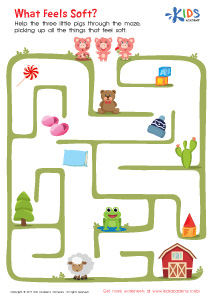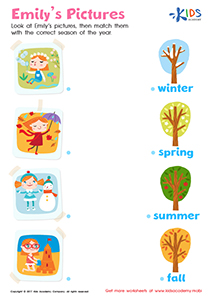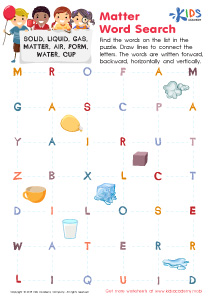Extra Challenge Life Science Worksheets for Ages 3-7
5 filtered results
-
From - To
Discover our "Extra Challenge Life Science Worksheets for Ages 3-7," designed to ignite curiosity and enhance learning in young explorers! These engaging worksheets cover essential topics such as plants, animals, habitats, and the environment, encouraging little ones to think critically about the world around them. Perfectly tailored for ages 3-7, each worksheet promotes hands-on activities and stimulating questions, ensuring children grasp key concepts while having fun. Whether at home or in the classroom, our worksheets provide an excellent opportunity for kids to expand their knowledge and develop a lifelong love for science. Dive in and watch curiosity blossom!
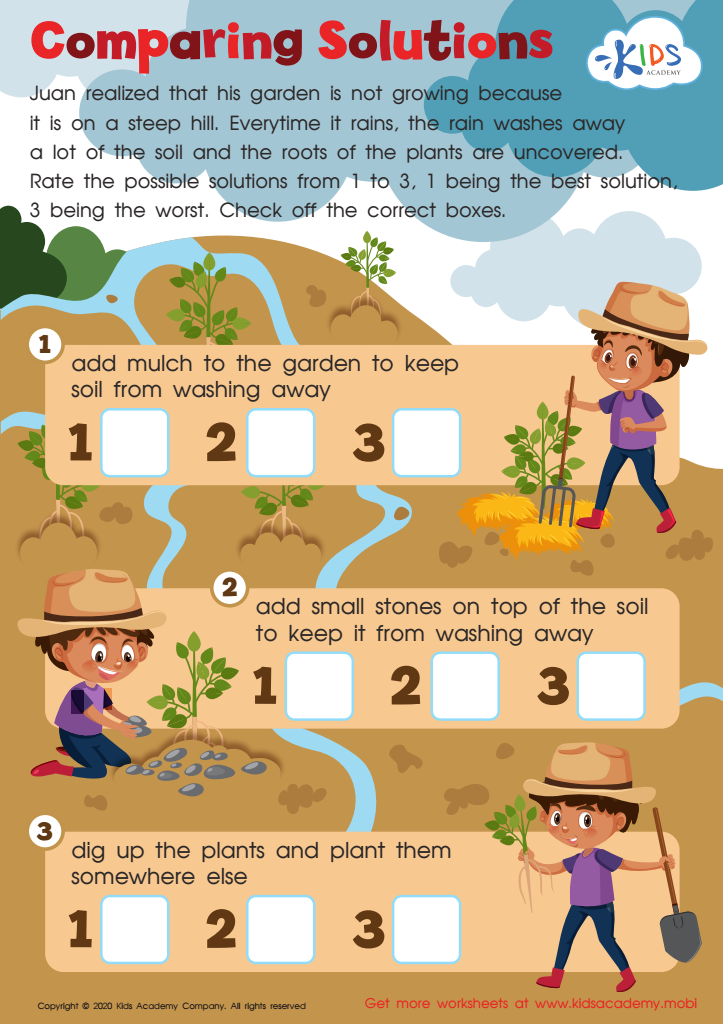

Comparing Solutions Worksheet
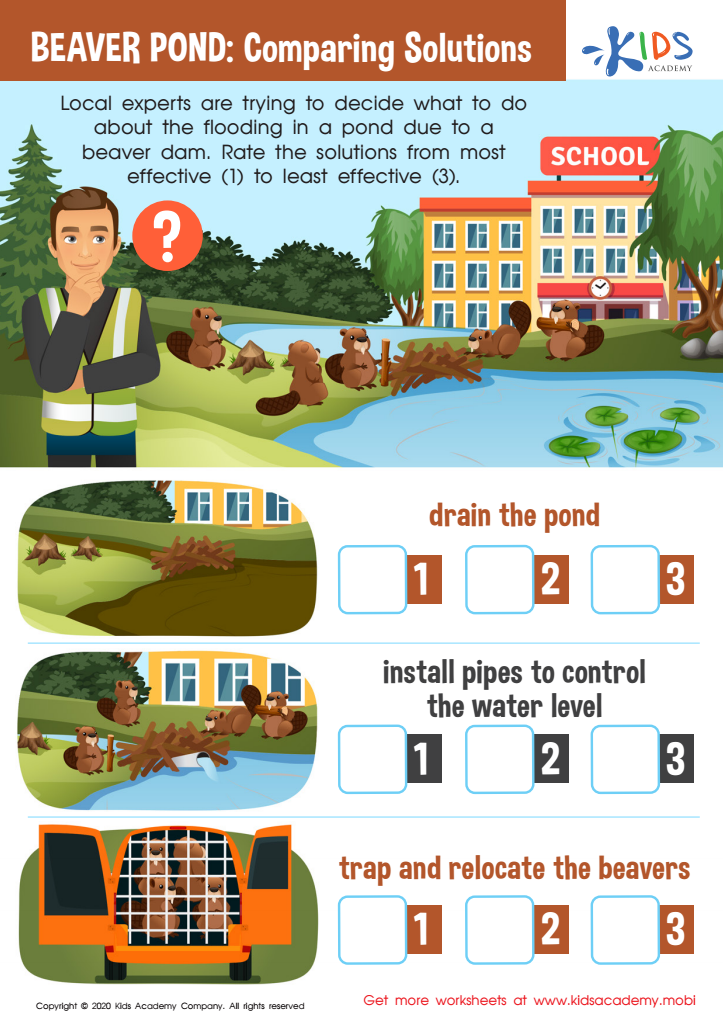

Beaver Pond: Comparing Solutions Worksheet
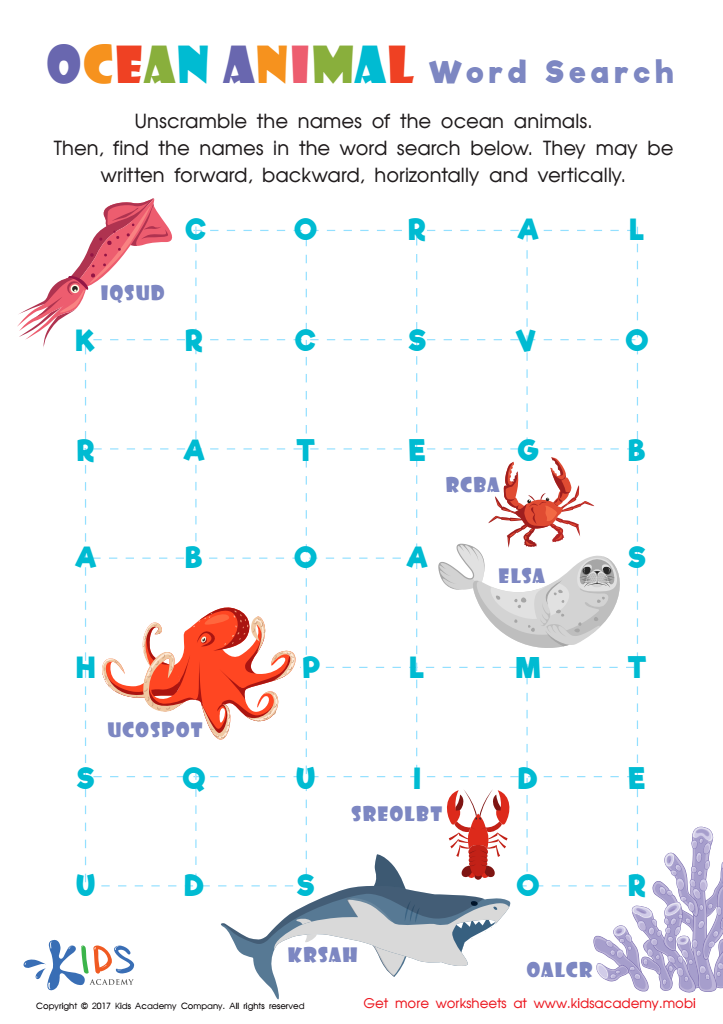

Ocean Animals Word Search Printable
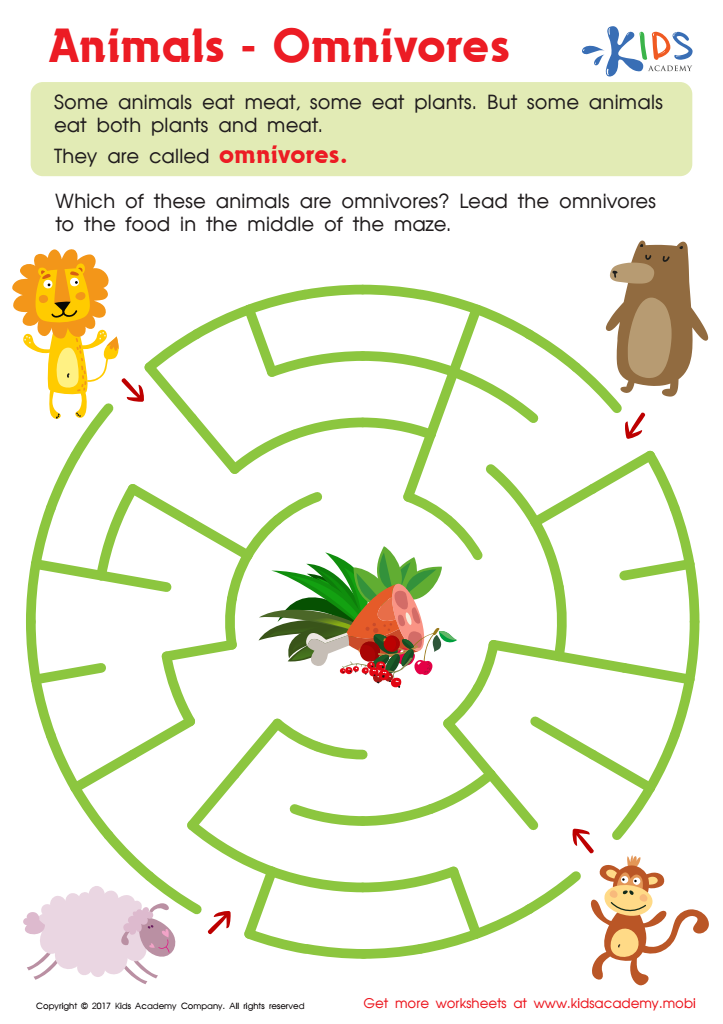

Omnivores Animals Worksheet
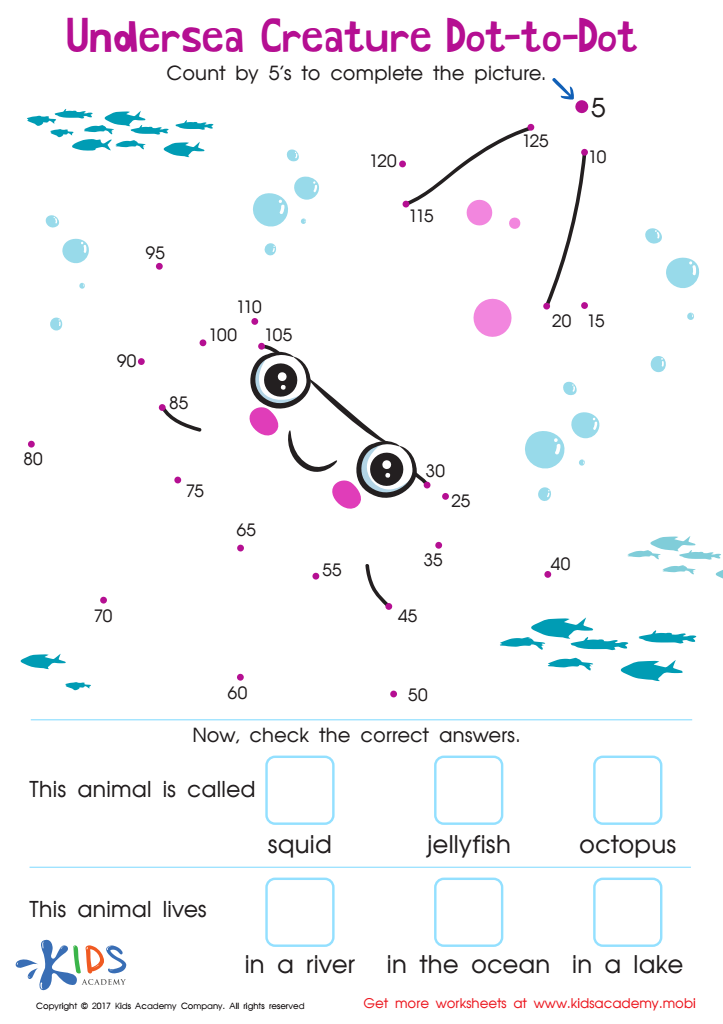

Undersea: Dot To Dot Worksheet
Parents and teachers should prioritize programs like Extra Challenge Life Science for Ages 3-7 because these foundational years are critical for developing a child's curiosity about the world around them. Early exposure to life sciences fosters an appreciation for nature, ecosystems, and living organisms, planting the seeds for future scientific inquiry. Engaging activities in life science cater to diverse learning styles, making concepts accessible and relatable.
Moreover, the program encourages hands-on exploration, which is essential for nurturing critical thinking and problem-solving skills. This experiential learning aids in cognitive development, as children investigate, question, and discover through play and experimentation. Additionally, these lessons often emphasize environmental stewardship, teaching children the importance of caring for their planet from a young age.
In a world where scientific knowledge is increasingly important, providing children with early and stimulating education in life sciences prepares them for advanced learning as they grow older. It lays the groundwork for essential skills like observation and reasoning, ultimately supporting their overall academic journey. By investing in programs that ignite curiosity and engagement, parents and teachers can foster lifelong learners who appreciate and understand the complexities of life sciences.

 Assign to My Students
Assign to My Students













